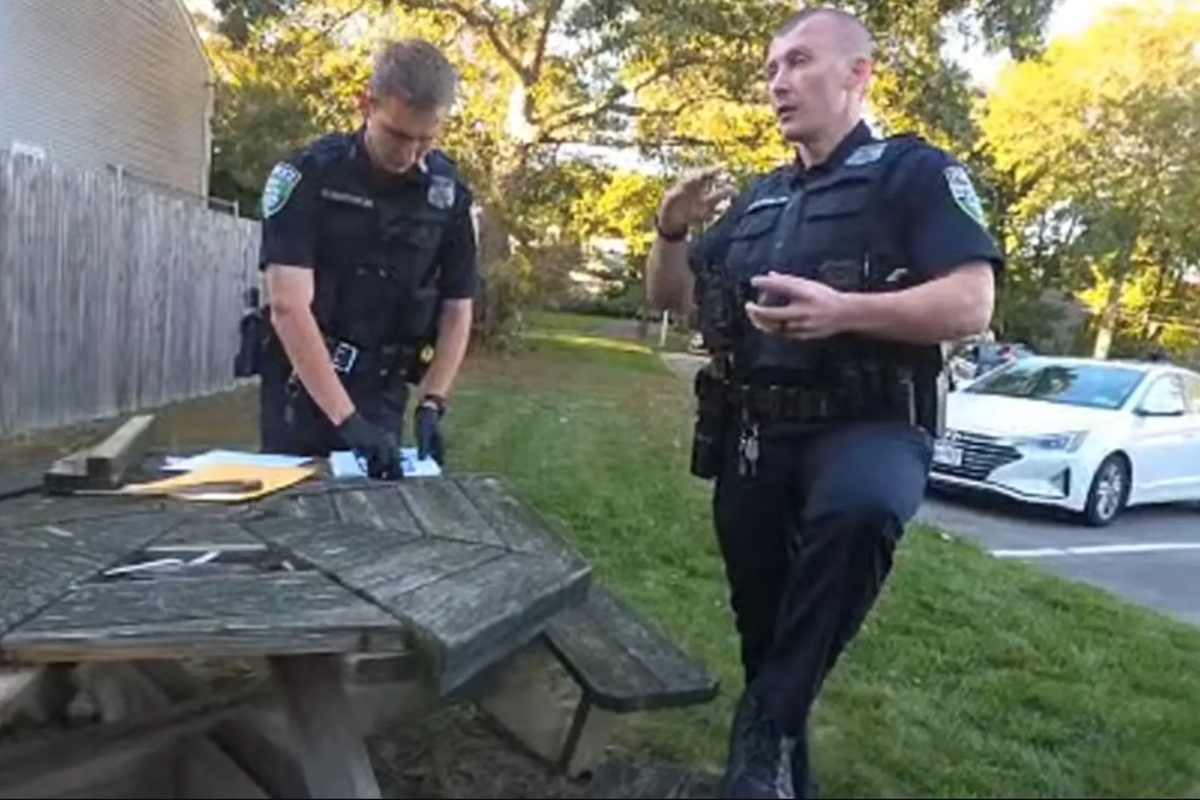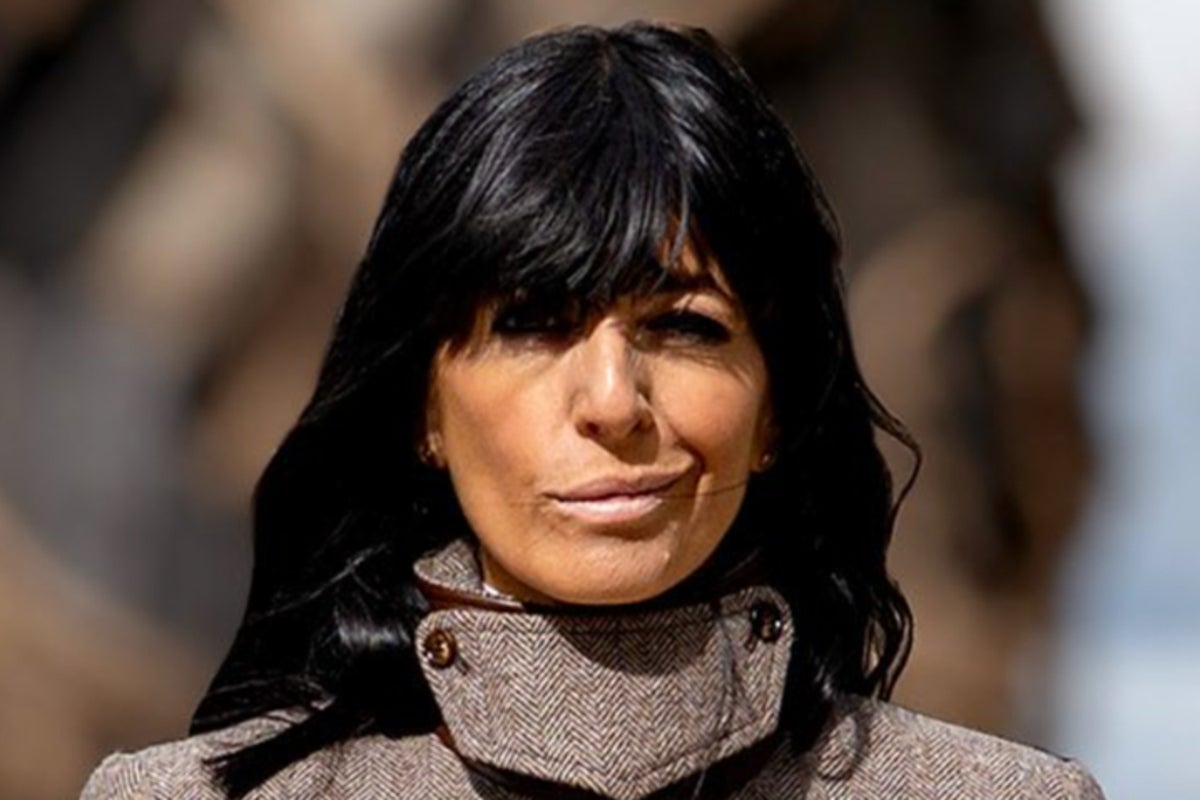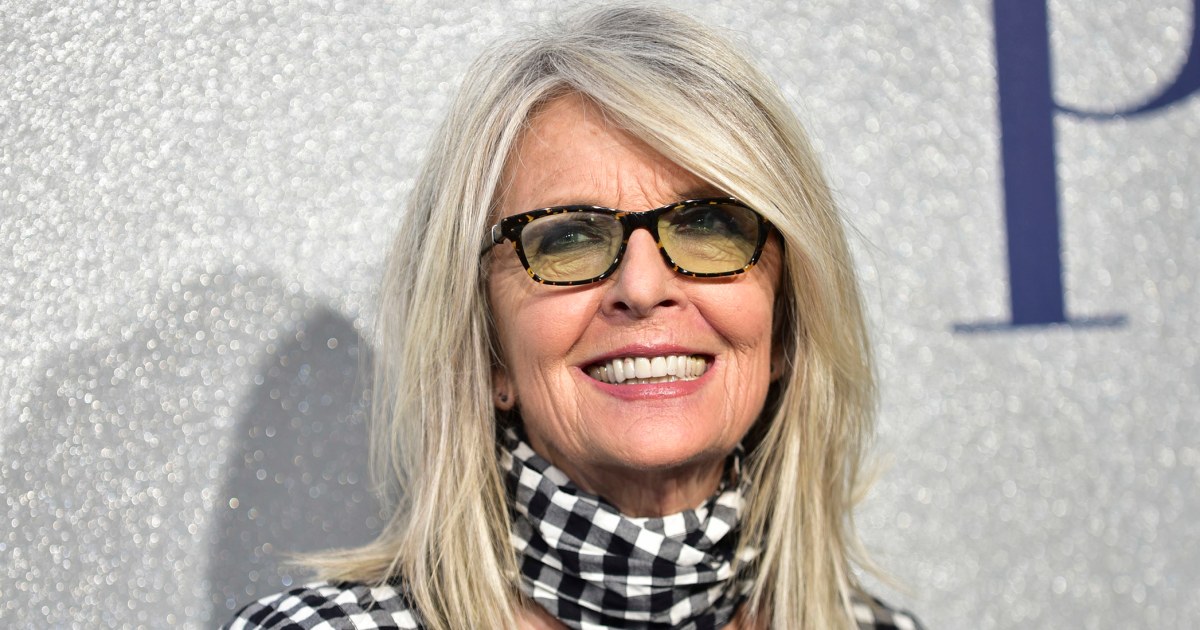This article is written by a student writer from the Her Campus at Skidmore chapter and does not reflect the views of Her Campus.
When I first boarded the flight to Montpellier, I was excited thinking about the adventures I would encounter, the friendships I would form, and how living in a foreign country for five months would change me as an individual. I was 19 years old, living with a host mother who was born in France, but her family came from Morocco. From my observation, she felt more comfortable identifying as a French woman with Moroccan heritage, rather than solely stating that she is Moroccan. She said she identifies as French because that is her home. As I understand, she is more culturally tied to France. This was a common theme I found across France; individuals separated where they were raised with their heritage or ethnicity. This framework had me ponder how I would like to answer the question “where are you from?” What are people truly asking? In France, when someone asks, ‘Where are you from?’ they usually mean where you grew up, not your family’s origin. On the other hand, I find in America it can hold a multitude of meanings. I began to understand that identity is not fixed – it shifts and expands depending on various experiences. I am now 21, and embracing every version of who I am becoming in my 20s.
In France, people do not necessarily deny their roots, they choose to emphasize the culture they grew up in as the foundation of who they are. People acknowledge their heritage, but tend to identify with where they were raised– at least from what I noticed from my interactions with them. When I wanted to know where a person was from, I would ask “where are you from?” and they would reply with “I am from France.” I would follow up with the question “I thought you were Malian, where is your family from?” They would respond with “oh, you want to know my ethnicity!” You see, the first time I inquired where they were from they took it as where were you raised and not what is your heritage or ethnicity. The French citizens will happily answer the question depending on how you frame it. That framework made me think about how I wanted to answer the question “where are you from?” What are people truly asking when they ask this question? To the French citizens, there is no right or wrong and they are not hiding any part of their identity.
In the United States, I believe the question is tricky. The question “where are you from?” has multiple meanings. It mainly covers at once where a person grew up, where they were born, and where their family is from. When children of immigrants – or even people whose family came to America generations ago – answer these questions, they tend to pick a country outside of North America. This shows how deeply cultural and ancestral ties shape how Americans think where they are “from.” Sometimes they are not even culturally connected with said country depending on how many generations far back they have been in America, but would reply with said countries name regardless of how connected they feel. For instance, a person I met refers to herself as barely German because her family has been in the United States for four generations and she can hardly trace her roots. If this was in France, the answer would have been “I am from America, and my ethnicity is German.” It is as if in America people want to respond with the most exotic country, even if they have never visited, and being American is not enough.
Another example is when I was in a bike shop and the lady giving out rentals asked me “where are you from?” And I responded with “Harlem.” Then she said, “Where are you really from?” I responded again with “I was born and raised in Harlem, but my family is from the Ivory Coast and Mali.” She was satisfied with that answer. That made me feel uneasy because my first answer was not technically wrong. I am from Harlem, and I am proud to be from Harlem. I am also proud to be a part of the African diaspora. Both statements can simultaneously hold truth. I wish there was more specificity when asking these kinds of questions. I am from Harlem, and I am not ashamed of my West African heritage. If I were to compare myself with someone actually born and raised in the Ivory Coast or Mali, they would not even think I was one of them. We are similar, but not the same because our upbringings are different.
Now when I answer the question, I tell people about all of me to reduce confusion. I tell them about how I was raised in Harlem and have visited the Ivory coast to spend summer vacations. How I feel deeply connected with all of my identities as a New Yorker and a West African. I believe it is important to embrace all forms of identity because there is no right or wrong. We are all multifaceted beings that should not be subjected to a single identity. Identity forever evolves as you progress in life due to the people you meet, the schools you attend, the places you travel, the hobbies you enjoy, and so much more!
The question “Where are you from?” isn’t just about geography or heritage, it’s about the story you choose to tell about yourself. Whether I am in the United States or abroad, I’ve learned that I can honor all parts of my identity rather than just one. As I continue to venture into my 20s, discovering who I am and where I’m from is only the beginning of the story I am becoming.

.jpeg)




































 English (US) ·
English (US) ·